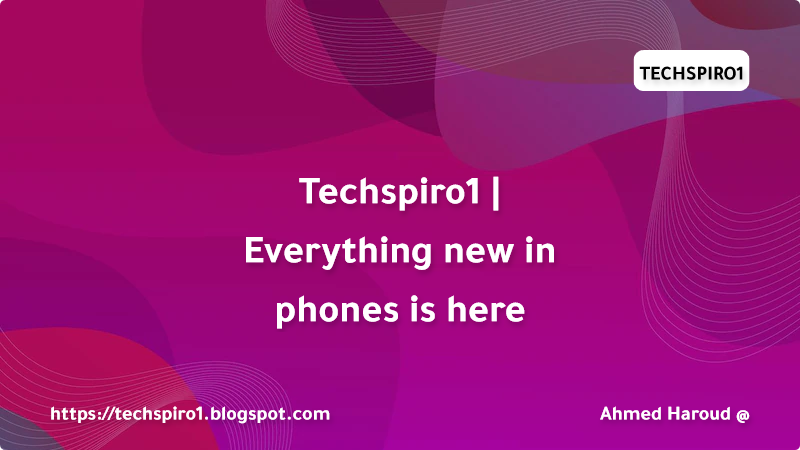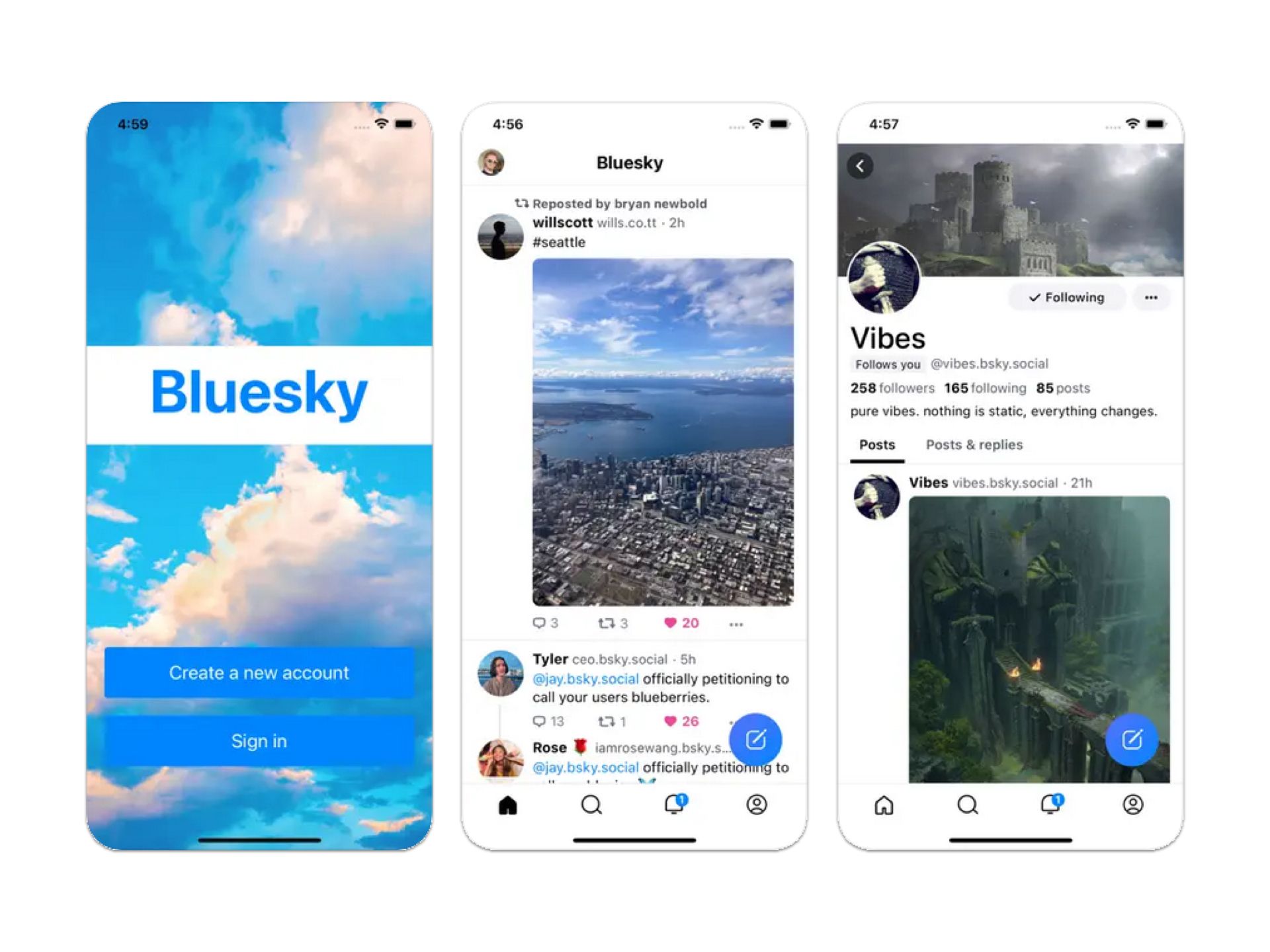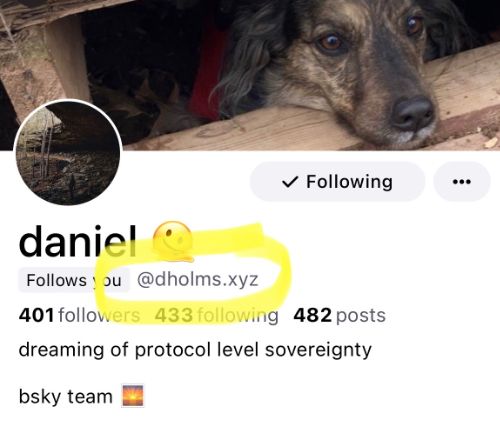
Since Elon Musk’s acquisition of Twitter, the social media platform has changed dramatically. The verified blue ticks are gone from time immemorial, paid subscribers enjoy enhanced interactions, and the overall feel of what once changed on Twitter has changed. As a result, alternative social media platforms like Mastodon, and even well-established platforms like Reddit and LinkedIn, are generating a lot of interest.
One emerging platform, Bluesky Social, is gaining in popularity. Everyone on Twitter is talking about this platform, and one of the main reasons for its popularity is also due to its association with Twitter – this new social media platform is powered by the co-founder of Twitter, Jack Dorsey. In this article, we’ll dive into everything you need to know about Bluesky Social, its unique features, and how you can sign up to be a part of this growing platform.
What is Bluesky Social?
At first glance, Bluesky looks and feels a lot like Twitter. In fact, in its current form, you could say it’s the closest Twitter hijack. It is a text-based social media platform where users can share their posts (called “skeets”) with a maximum length of 300 characters. The platform also supports image uploads, but not video uploads at the time of writing.
There’s a timeline (called “Horizon”) that shows posts based on your interests, and you can even switch to a timeline feed. You can block people you don’t want to see skate messages from, but there are currently no DMs. As can be seen from this description, this social media platform is currently in the construction phase.
It is not a complete and final product yet. The company only released apps for iOS and Android recently, and you can’t join without an invite code at this time. So yeah, it’s quite similar to Twitter at the moment. But the underlying technologies on which Bluesky will be built will be very different from Twitter.
How is Bluesky different from Twitter?
Twitter, like most of the social media platforms out there, is currently a privately owned platform. Although it is one of the rare companies that has open sourced its source code, only Twitter developers and executives can make product and policy decisions. On the other hand, Bluesky in its final form will be a decentralized social media.
This means that users will be able to control their experience on the platform. They will be able to manage how their data is stored and what content is shown to them. Users will be able to create or join servers that cater to specific interests or communities, each with their own moderation rules.
To achieve this, Bluesky will use an open source protocol called the Authentication Transport (AT) protocol. Currently, on any social media, you are shown a feed of posts that the company’s algorithm selects for you. The AT protocol will allow users to choose which algorithm they want to use and customize their experience according to their preferences.
AT will also allow users to communicate with anyone on any application or service using the AT protocol. This means that if a Bluesky competitor using the AT protocol appears, cross-application communication will be possible. AT will also enable account portability, allowing users to transfer their accounts between service providers without losing data or connections.
As for the current differences between Bluesky and Twitter, the most notable one is the account username (or domain). You can also set the domain as your parameter on Bluesky. Not only is this different, but it may also help with verification.
The company blog states: “For example, a newsroom like NPR could set its address to be @npr.org. Then, any journalist NPR wanted to verify could use subdomains to set its handle to be @name.npr.org.” Accounts can set their handle to be their scope, too.”
How to sign up for Bluesky?
Currently, Bluesky Social is in beta and can be accessed through an invite-only code. According to various reports, there are only about 55,000 users on the platform at present. To sign up, you’ll need to head to the official Bluesky website and add your email address to the waiting list.
Alternatively, if you know someone who is on Bluesky, you can ask them to share an invite code with you. The company’s founder says it will remain invite-only until it can handle a wide range of users.
It remains to be seen if Bluesky will accomplish what it set out to do, but its unique features, connection to Twitter, and similarity in appearance and function to the microblogging service may play a large role in paving the way for its success.


